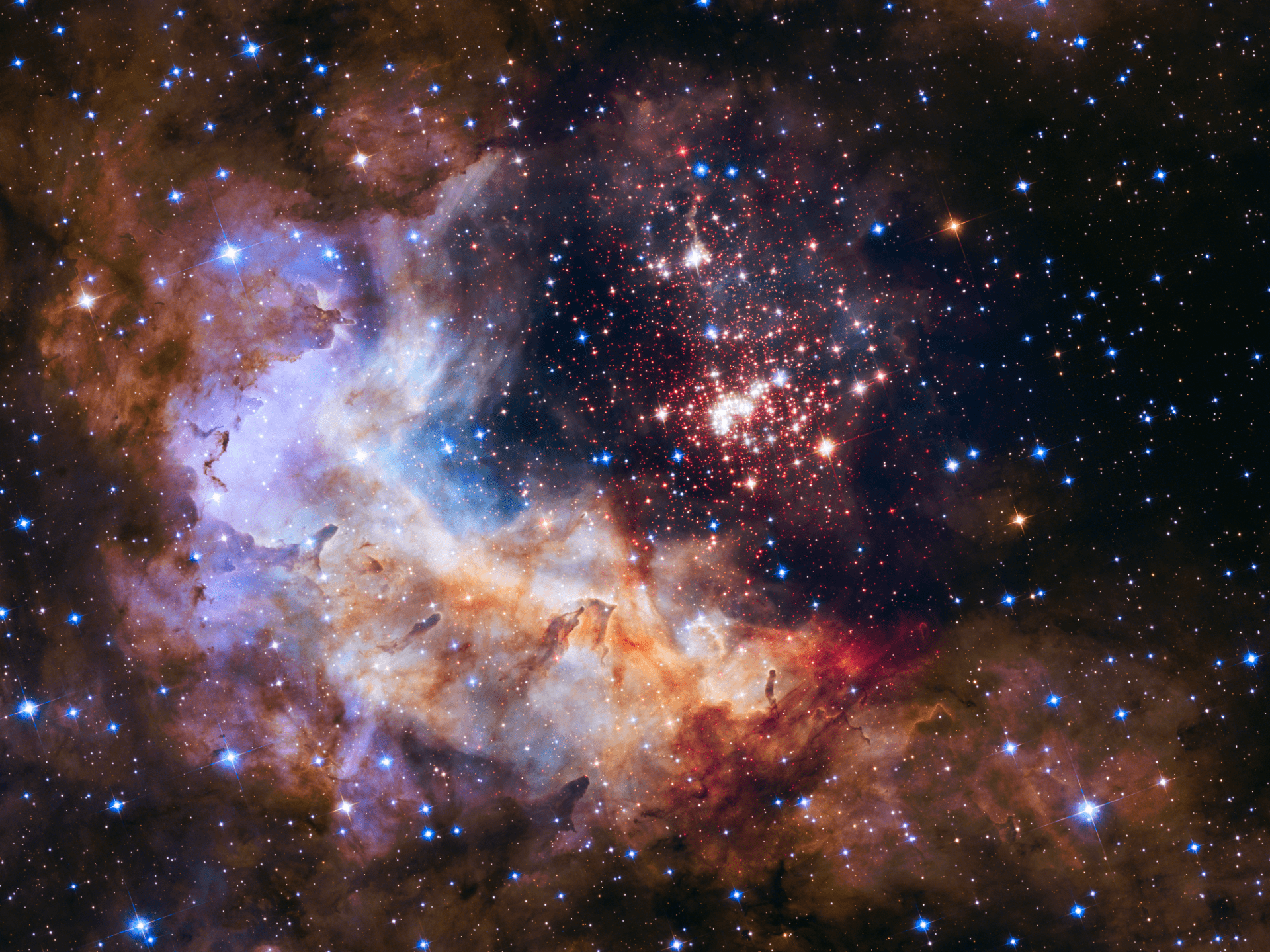Drs. Rainer Weiss, Kip Thorne, and Barry Barish have been awarded the 2017 Nobel Prize in Physics for leading the LIGO Scientific Collaboration’s discovery of gravitational waves!
This thrilling award honors over 40 years of work by these three individuals that has led to the pioneering of gravitational wave astronomy, a new field of science. Thanks to the leadership of Dr. Weiss, Dr. Thorne, and Dr. Barish, LIGO and the LSC have proved Einstein’s theory of relativity, measured previously unknowable anomalies with cutting-edge detectors, and gained an entirely new understanding of the workings of the universe.
For all the exciting details, including more information on the three recipients and the history of the LIGO-Virgo project, click here for the New York Times article on the award. And for info straight from the official website of the Nobel Prize, click here.
Congratulations to these distinguished recipients!











